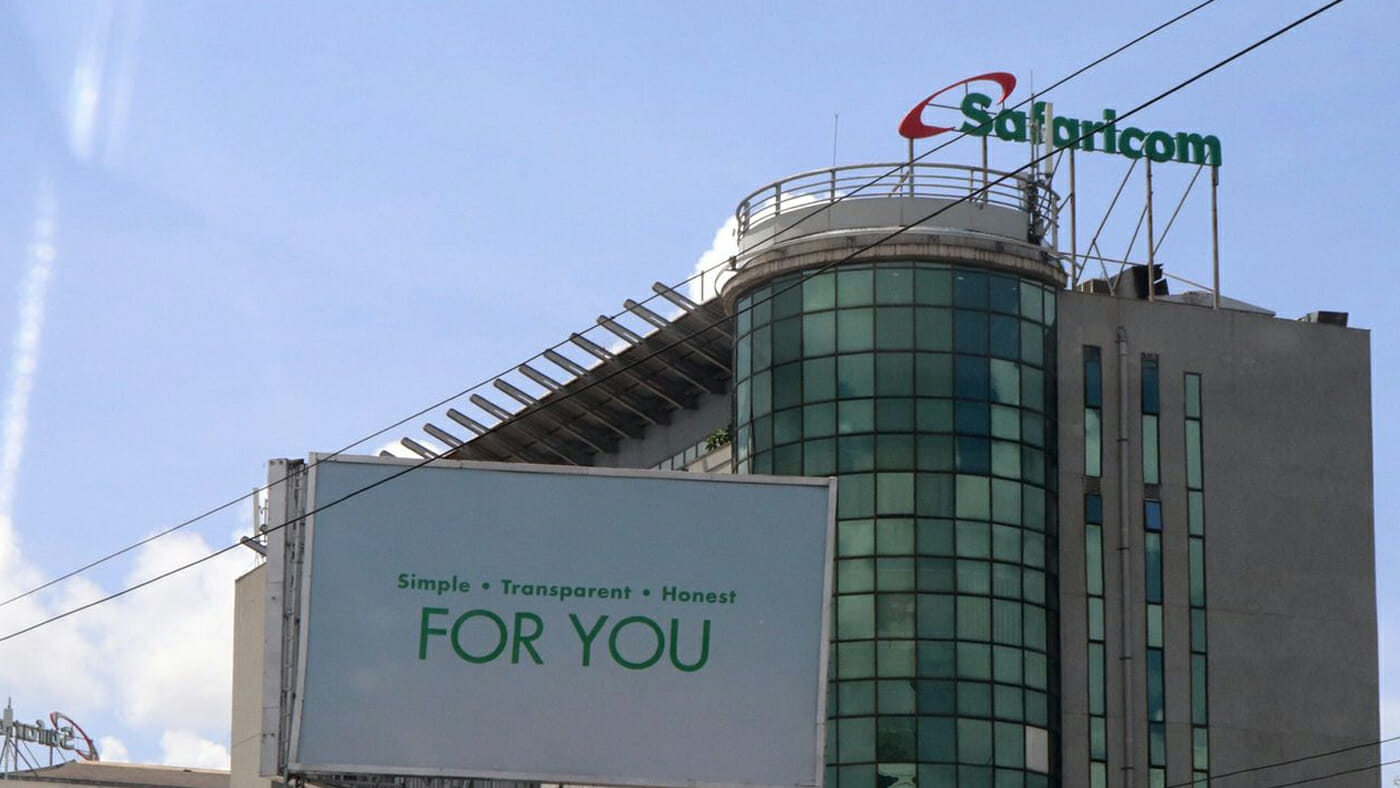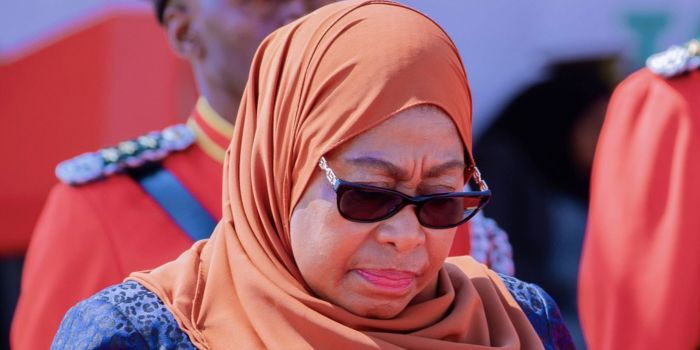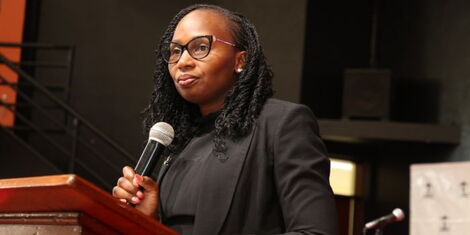
A stunning admission in court has raised fresh alarm over privacy and due process in Kenya. Safaricom’s own security officer testified that the company handed over a university student’s sensitive call data records to the DCI—without a court order.
At Milimani Law Courts, Daniel Khamisi revealed that on November 14, 2024, Safaricom complied with a police request for the communications data of David Oaga Mokaya, a Moi University student accused of posting a doctored image suggesting President Ruto’s funeral. The data spanned a month—covering October 15 to November 13—and included a text message and a 270-second call captured on November 13 from Eldoret Annex. The officer confirmed that all information was supplied on November 28, 2024.
This admission contradicts Safaricom’s stated policy of releasing customer data only via court directives—and opens a potentially explosive debate over illegal surveillance and corporate complicity.
Adding to the controversy, DCI’s Chief Inspector Bosco Kisau conceded under cross-examination that key investigative steps were taken retroactively. According to testimony, search and detention warrants for Mokaya’s devices were obtained after his arrest—a glaring procedural lapse.
Meanwhile, digital evidence scrutiny is also unraveling. Communications Authority analyst Ezra Koech admitted his report failed to link Mokaya definitively to the social media account or authenticate the source of the images. And Kisau himself acknowledged that the contentious post merely showed a Kenyan-flag-draped coffin and the term “President Ruto”—but no explicit image or mention of the President by full name.
The case has now become a flashpoint in Kenya’s struggle between security, digital rights, and rule of law. Privacy advocates have long warned of unchecked access to phone data. This courtroom confession amplifies those warnings, exposing how easily state agencies may circumvent legal safeguards—especially when aided by reluctant corporate actors.
Key Questions Ahead:
- How will Safaricom justify breaching its own privacy protocols?
- Will the courts hold security agencies accountable for violating constitutional data protections?
- Could this develop into a landmark test for digital rights and surveillance limits in Kenya?
The fallout is likely to extend beyond courtrooms—setting off a nationwide reckoning on personal privacy, corporate accountability, and the balance between security and civil liberties.







